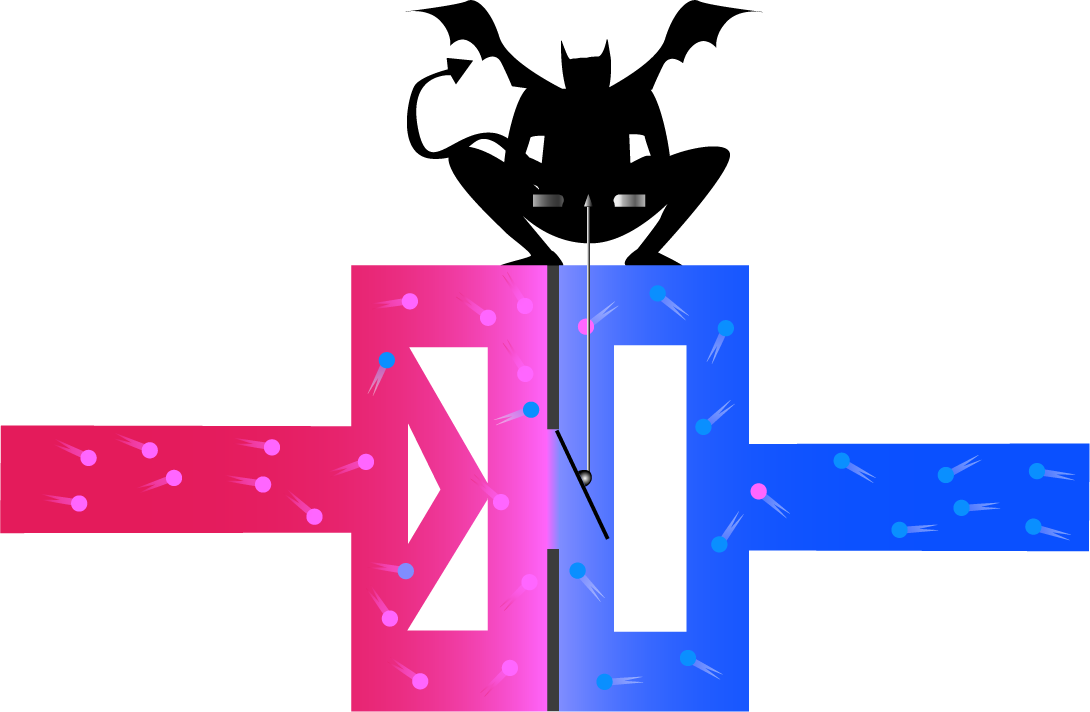INFERNOS project: Maxwell’s Demon in nanoscale systems
October 11, 2013

Logo of the European project INFERNOS (Information, fluctuations, and energy control in small systems)
The European INFERNOS (Information, fluctuations, and energy control in small systems) project aims to realize experimentally Maxwell’s Demon* by developing electronic and biomolecular nanodevices that support this principle.
Project partners met earlier this week at the Faculty of Physics of the University of Barcelona. The project is centered on considering information as a thermodynamic parameter.
Its ideas may be applied to different fields of knowledge, like biology or computer science. For instance, DNA replication, a basic biological process, can be described as the action of small thermodynamic devices that are able to copy information.
Marco Ribezzi, researcher from the Department of Fundamental Physics, explains that “the principal novelty of INFERNOS is to bring a robust and rigorous experimental base for this field of knowledge.
“We aim at creating a device that can use information to supply/extract energy to/from a system”. In this sense, the UB group, in which researcher Fèlix Ritort from the former department also participates, focuses their activity on understanding how information and temperature changes are used in individual molecules manipulation.
From the theory side, researchers will work to develop a theory of the fluctuation processes in small systems, which would then facilitate efficient algorithms for the Maxwell’s Demon operation.
INFERNOS is a three-year European project of the Future and Emerging Technologies (FET) program. Other INFERNOS partners are Aalto University (Finland), project coordinator, Lund University (Sweden), the University of Oslo (Norway), Delf University of Technology (Netherlands), the National Center for Scientific Research (France) and the Research Foundation of State University of New York.
* Maxwell’s Demon is an imaginary creature that the mathematician James Clerk Maxwell created in 1897. The creature could turn heat into work without causing any other change, which violates the second law of thermodynamics.
